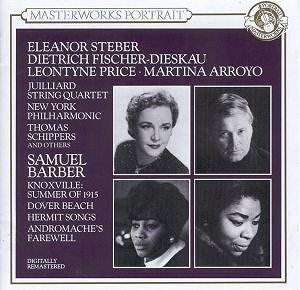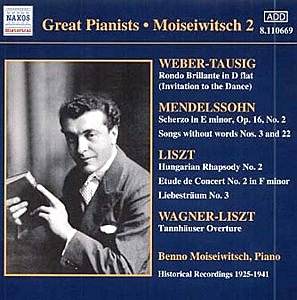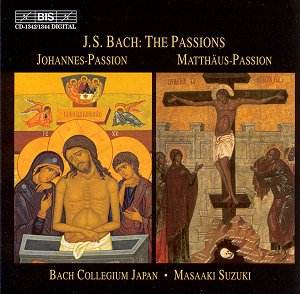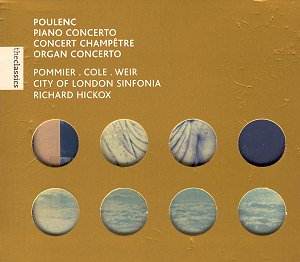 Composer: Samuel Barber
Composer: Samuel Barber
Works: Knoxville – Summer of 1915, Dover Beach, Hermit Songs, Andromache’s Farewell
Performers: Eleanor Steber (soprano), Dietrich Fischer-Dieskau (baritone), Leontyne Price (soprano), Martina Arroyo (soprano), Juilliard Quartet, Dumbarton Oaks Orchestra, New York Philharmonic Orchestra, William Strickland, Thomas Schippers (conductors)
Recording: Various recordings from 1950 to 1967, AAD
Label: SONY Classical
Samuel Barber’s oeuvre is profoundly rooted in the American vocal tradition, and this collection illuminates the lyrical beauty and emotional depth found in his music. The selected works span from the early 1930s to the early 1960s, showcasing Barber’s evolution as a composer while remaining anchored in the rich textures of the human voice. The chosen pieces, including the languid “Knoxville – Summer of 1915” and the poignant “Dover Beach,” reveal his penchant for melding text and music into an exquisite tapestry of sound.
Eleanor Steber’s performance of “Knoxville – Summer of 1915” is a cornerstone of this recording, embodying the nostalgic essence of the piece with a tender, almost wistful interpretation. Recorded in 1950, Steber’s voice captures the innocence of childhood, as she weaves through Barber’s lush orchestration with grace. Her phrasing is meticulous, allowing the text’s imagery to resonate. However, while Steber’s artistry is commendable, some may find greater emotional nuance in Dawn Upshaw’s later recording, which offers a more contemporary interpretation that emphasizes the underlying complexities of the text through a more intimate vocal approach.
In the “Dover Beach,” Dietrich Fischer-Dieskau, joined by the Juilliard Quartet, presents a reading that is steeped in melancholy. His baritone, though at times overshadowed by the instrumental backdrop, conveys a haunting introspection that aligns with Arnold’s original poem. The Quartet’s interplay is delicate, providing a beautifully woven fabric against which Fischer-Dieskau’s voice can shine, though it might benefit from a more prominent balance in the mix to enhance the emotional impact of the piece. One cannot help but yearn for a recording that captures the orchestral setting of the poem with a more vivid orchestral color, perhaps invoking the vision of a baritone with an orchestral accompaniment as suggested in the booklet notes.
Leontyne Price’s rendition of the “Hermit Songs,” accompanied by Barber himself on piano, is a remarkable highlight of this collection. Price’s voice, striking in its clarity and presence, breathes life into these settings of ancient Irish texts. The song “The Monk and His Cat” is particularly infectious, as Price’s vibrant tone dances over Barber’s rhythmic piano lines, evoking a sense of joy that is irresistible. The collaboration here offers a unique intimacy, further enhanced by the warmth of the mono recording, which captures the essence of a live performance.
Martina Arroyo’s “Andromache’s Farewell” presents a stark contrast with its dramatic intensity. The orchestration swells with power, showcasing Barber’s ability to evoke the emotional turmoil of his characters. Arroyo’s voice is commanding, and her interpretation is filled with an operatic fervor that matches the weight of the subject matter. The engineering choices reflect a desire to present depth, though the momentary pullback in dynamics during her climactic phrases can distract from the overall impact. Nevertheless, Arroyo’s delivery is potent, and the orchestral support under Schippers is executed with impressive cohesion.
This compilation serves as a testament to Barber’s profound vocal writing and offers a compelling cross-section of his stylistic evolution. While each performance brings its own distinct flavor, the collective interpretation reveals Barber’s mastery in crafting music that resonates deeply with the human experience. The recording quality, reflective of its era, does not detract from the performances, though the absence of texts may hinder listeners unfamiliar with the nuances of the lyrics.
Barber enthusiasts will find much to cherish in this anthology, which not only highlights the distinctive qualities of its vocalists but also encapsulates the emotional breadth of Barber’s contributions to the art song repertoire. The performances resonate with authenticity and artistic integrity, making this collection an essential exploration for those seeking to understand the vocal dimension of Barber’s music.


